When we revolt it's not for a particular culture. We revolt simply because, for many reasons, we can no longer breathe
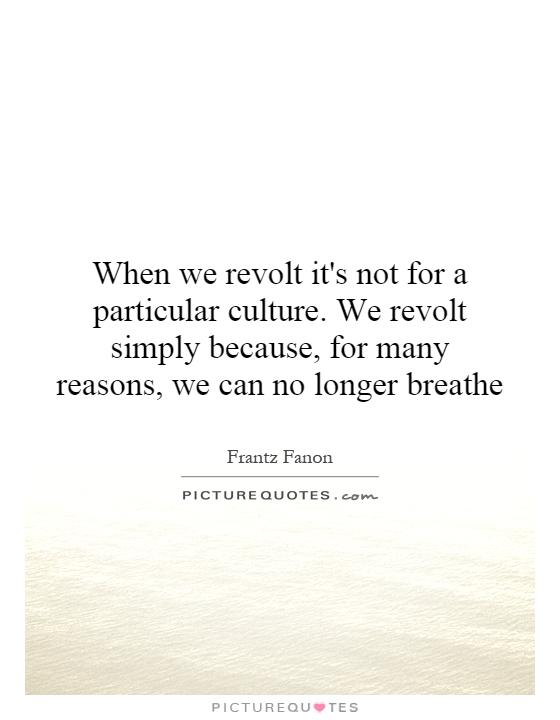
When we revolt it's not for a particular culture. We revolt simply because, for many reasons, we can no longer breathe
Frantz Fanon, a prominent thinker and revolutionary from Martinique, is known for his powerful writings on colonialism, racism, and the psychology of oppression. One of his most famous quotes is, “When we revolt it's not for a particular culture. We revolt simply because, for many reasons, we can no longer breathe.” This statement encapsulates the essence of Fanon's philosophy and the urgency of the struggle against oppression.Fanon's work is deeply rooted in his own experiences as a Black man living under French colonial rule in Algeria. He witnessed firsthand the brutal effects of colonization on the minds and bodies of the colonized people. Fanon understood that oppression is not just a physical or material condition, but also a psychological and spiritual one. The colonized are not only deprived of their land, resources, and rights, but also of their dignity, humanity, and sense of self-worth.
For Fanon, the act of revolt is not just a political or social response to injustice, but a deeply personal and existential one. It is a cry for liberation, for recognition, for the right to exist as fully human beings. When he speaks of not being able to breathe, Fanon is not just referring to the physical act of breathing, but to the suffocating weight of oppression that crushes the spirit and stifles the soul.
Fanon's call to revolt is a call to reclaim one's humanity, to assert one's dignity, to demand justice and equality. It is a refusal to accept the dehumanization and degradation that comes with colonialism, racism, and other forms of oppression. Revolt, for Fanon, is not just a means to an end, but an end in itself – a way of asserting one's agency, autonomy, and self-determination in the face of overwhelming odds.

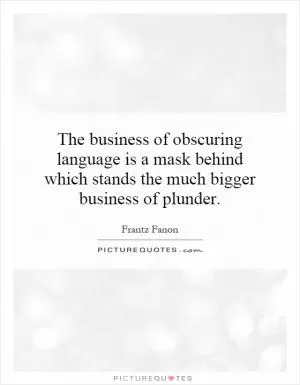
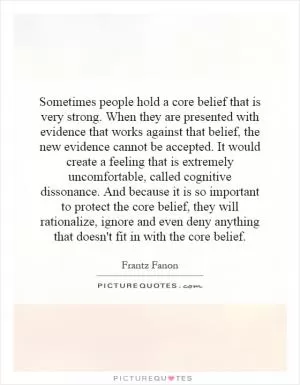
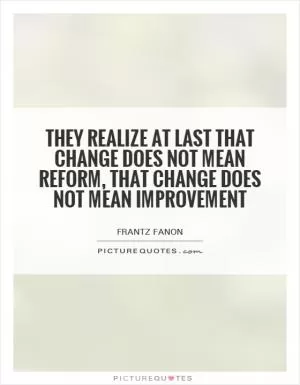

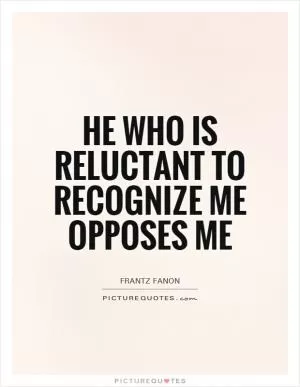
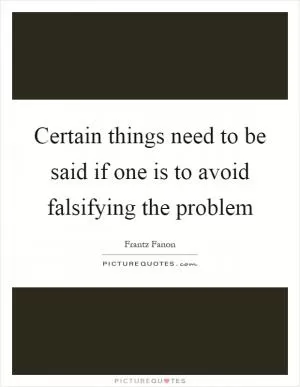


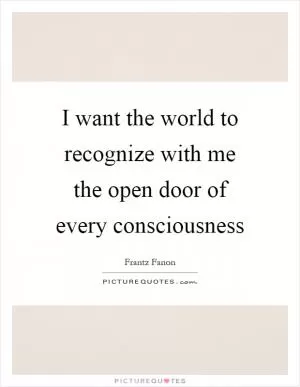
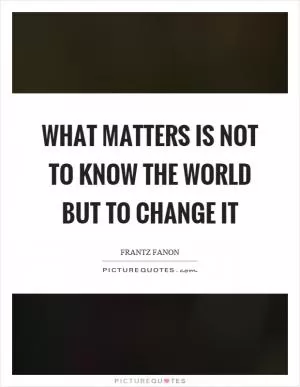
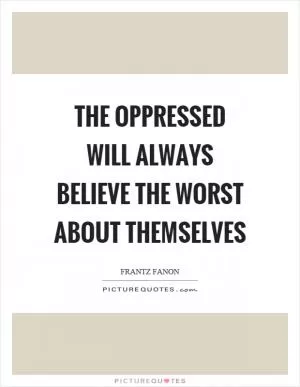
 Friendship Quotes
Friendship Quotes Love Quotes
Love Quotes Life Quotes
Life Quotes Funny Quotes
Funny Quotes Motivational Quotes
Motivational Quotes Inspirational Quotes
Inspirational Quotes